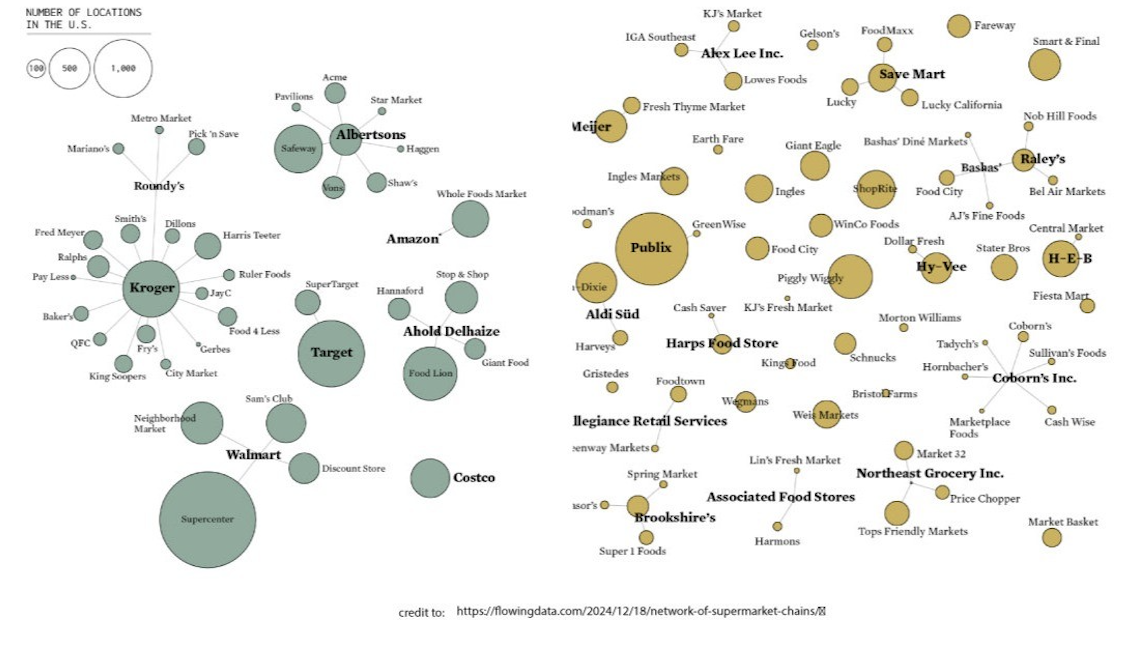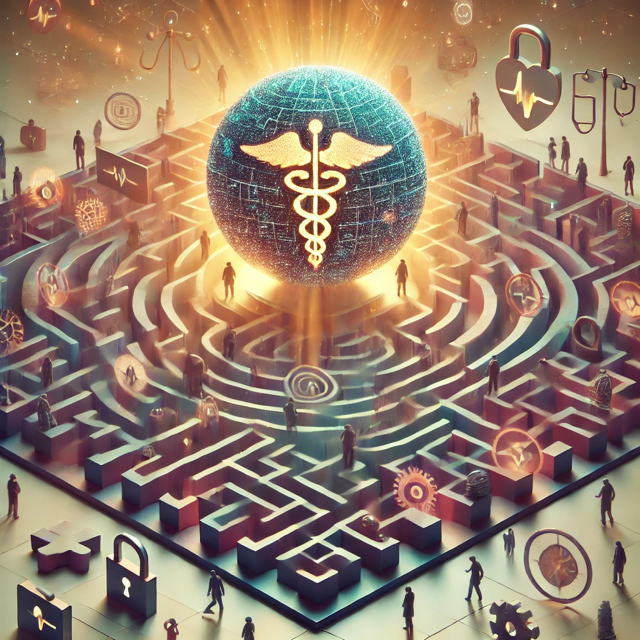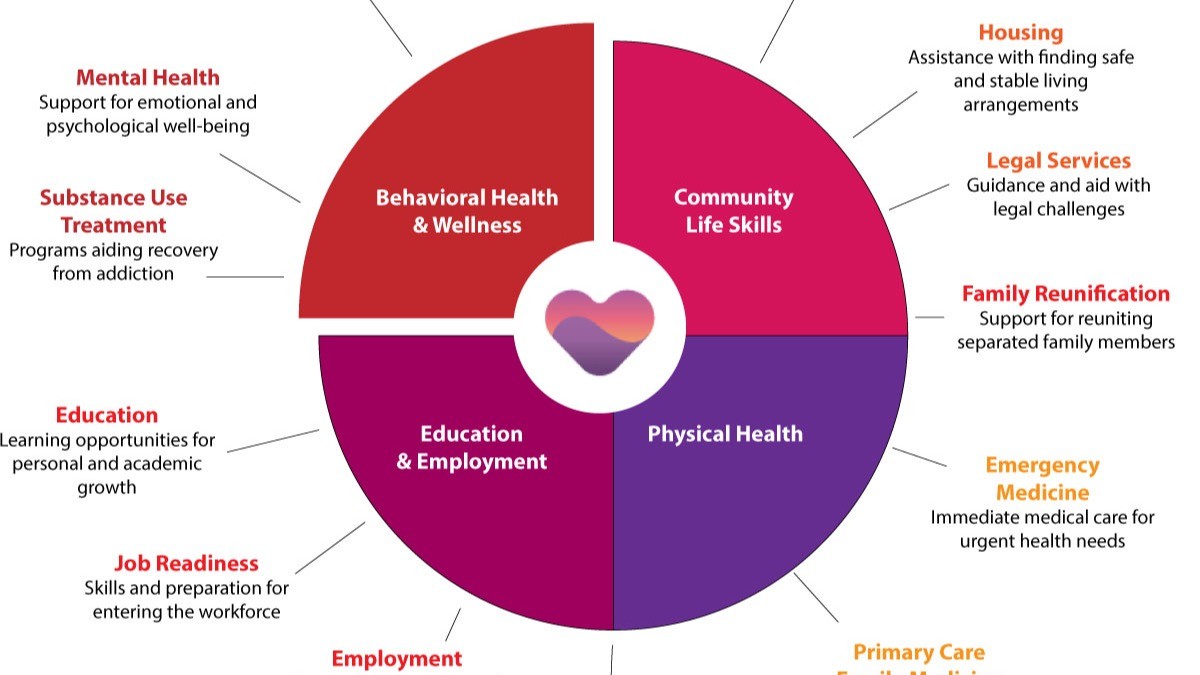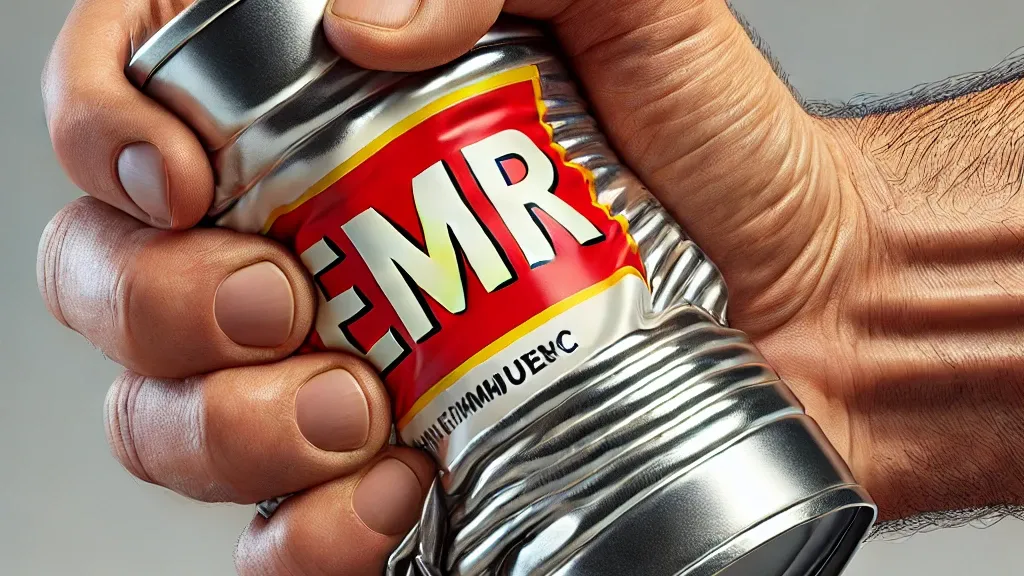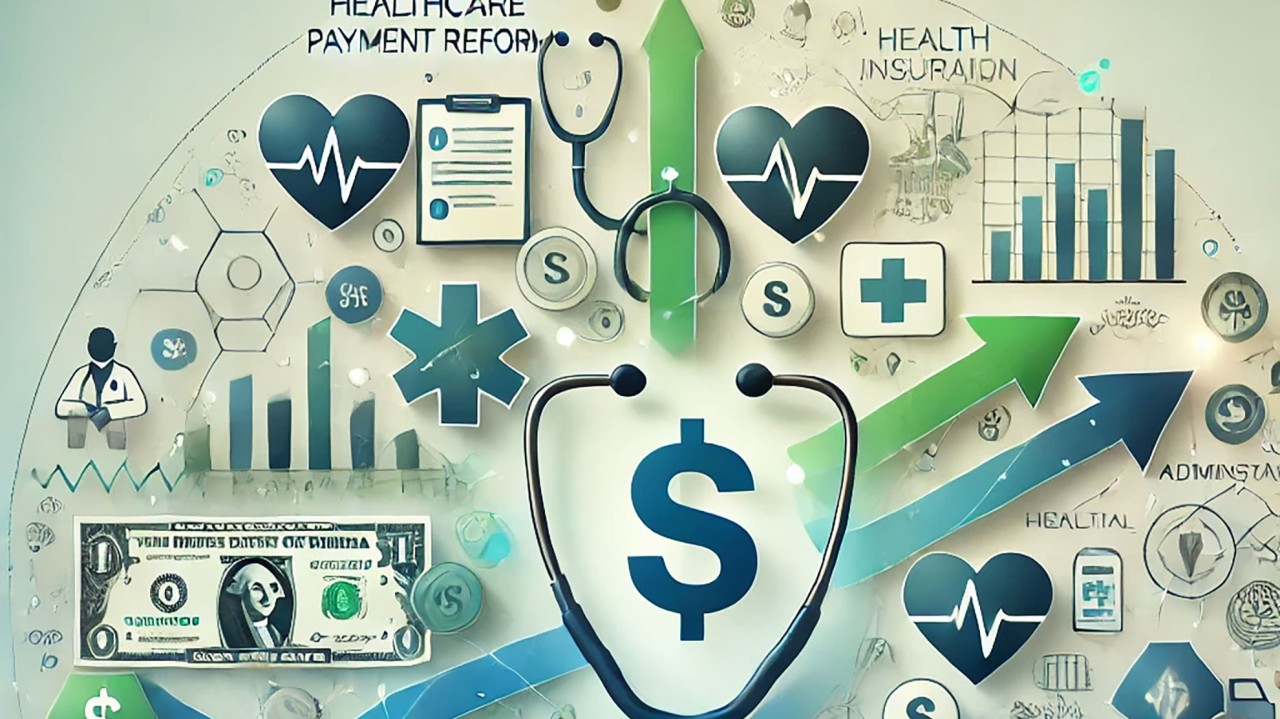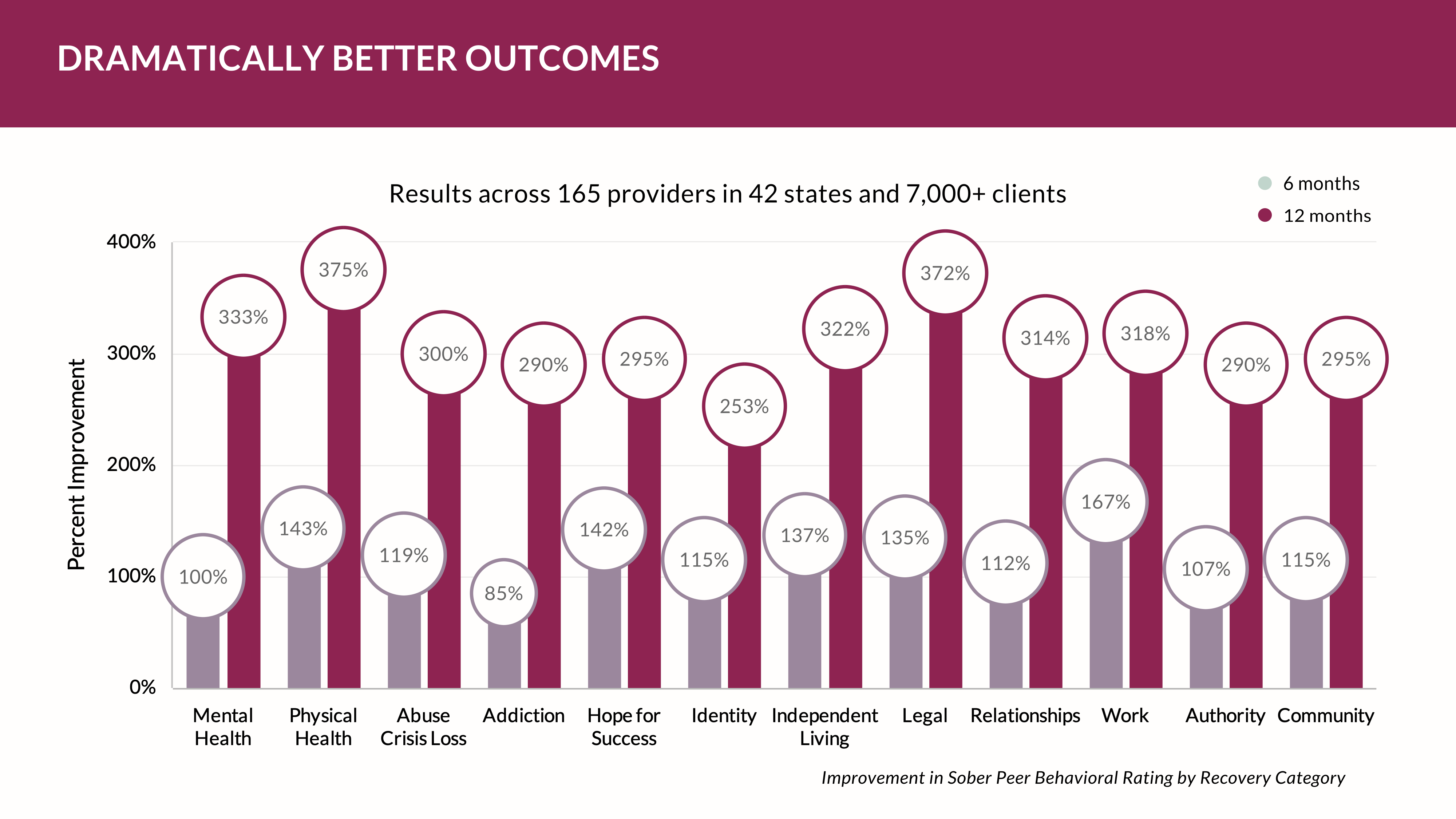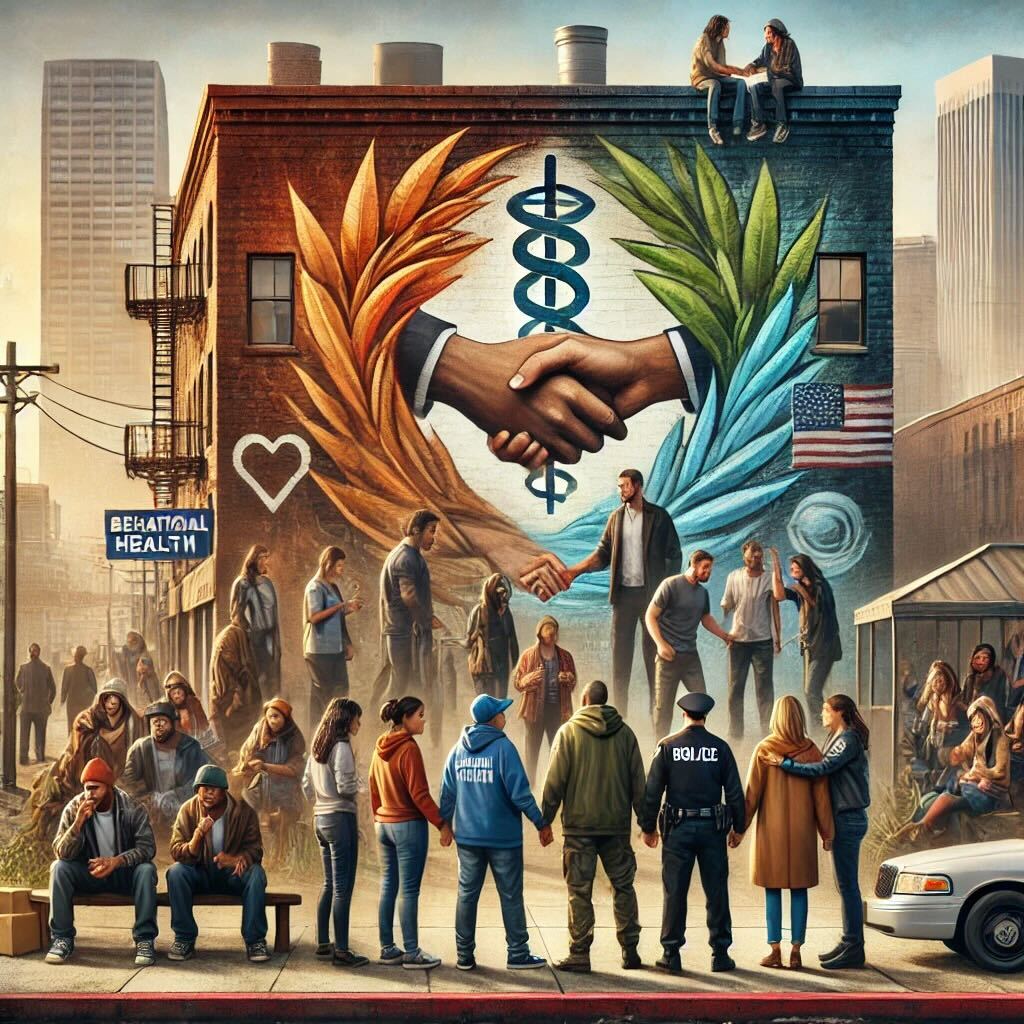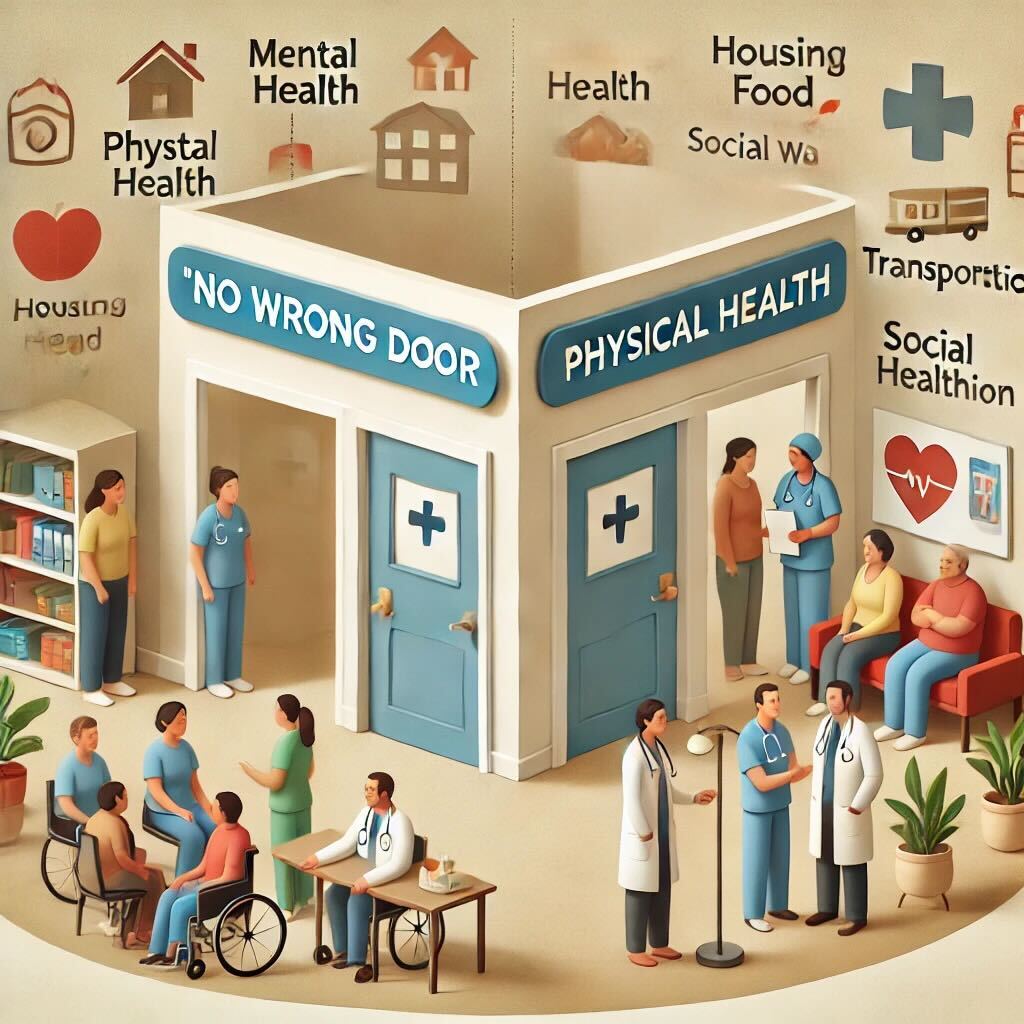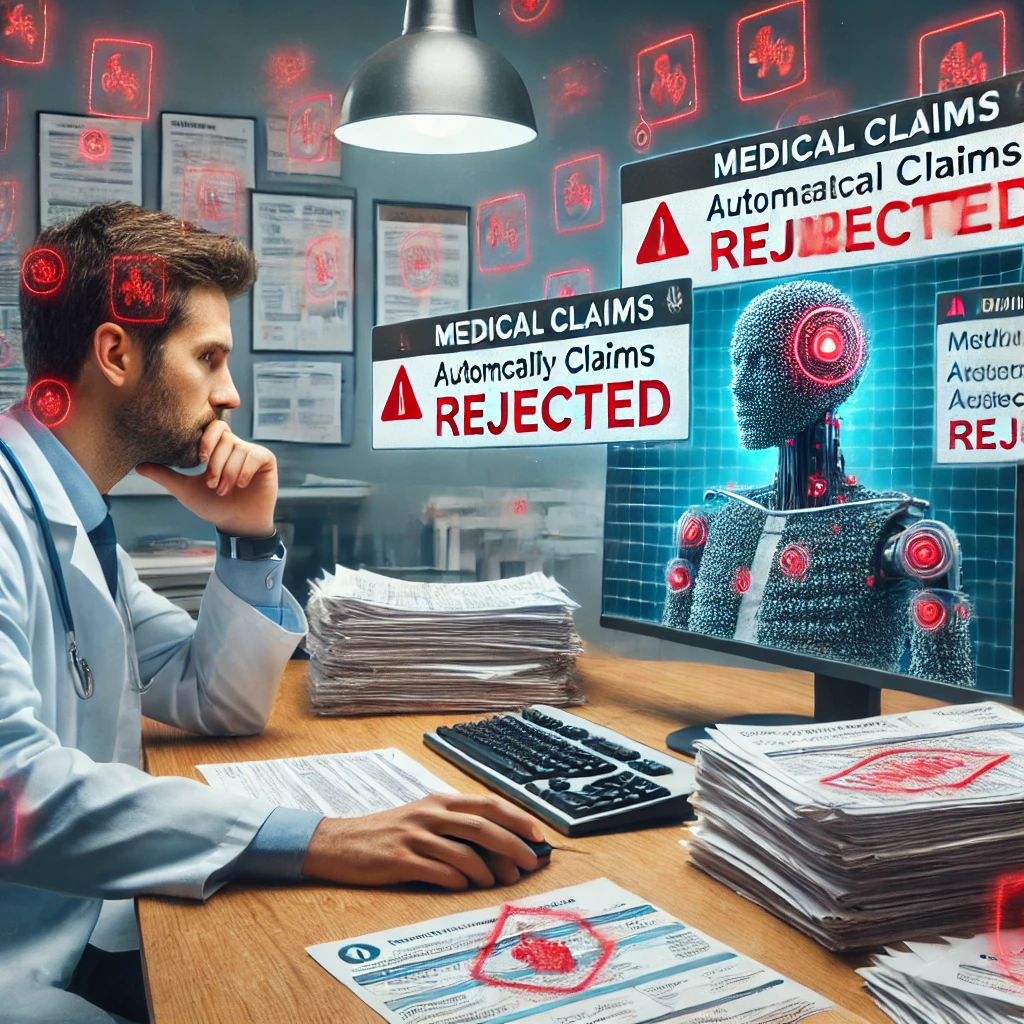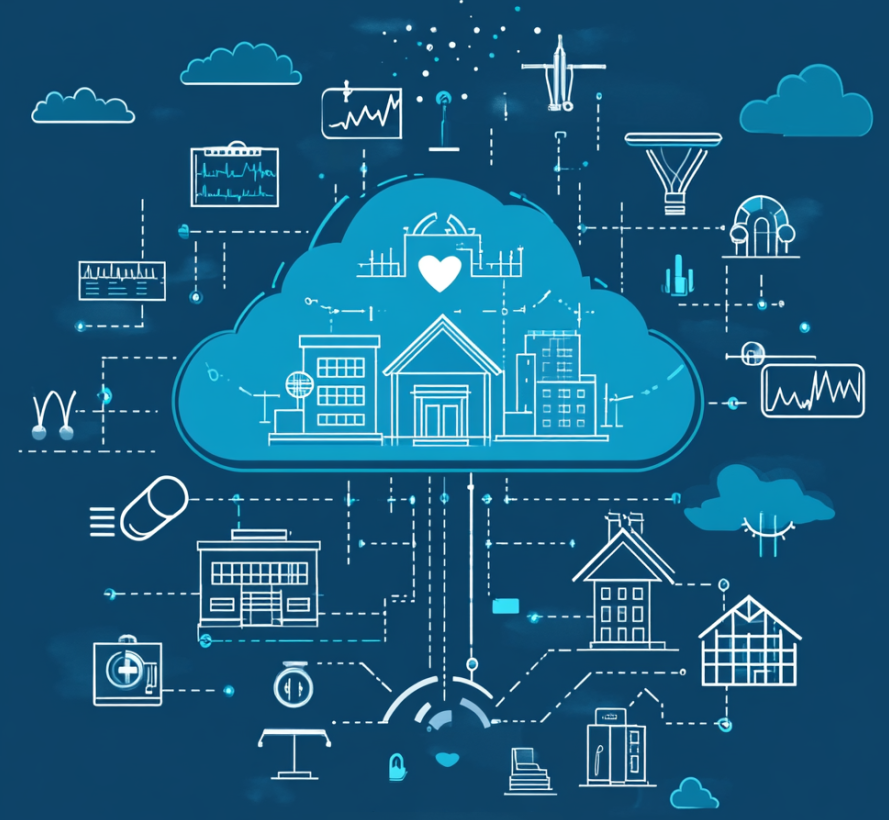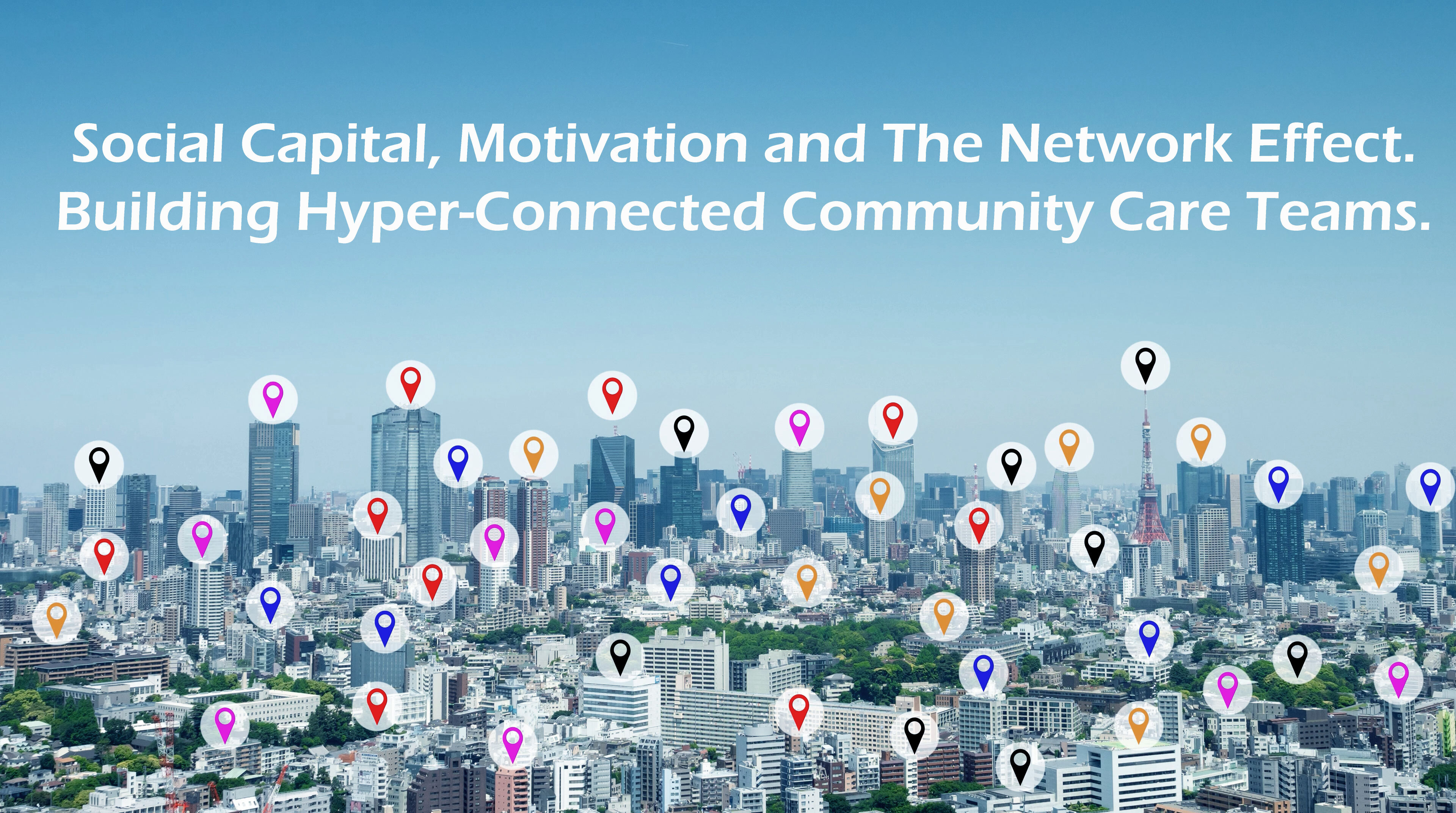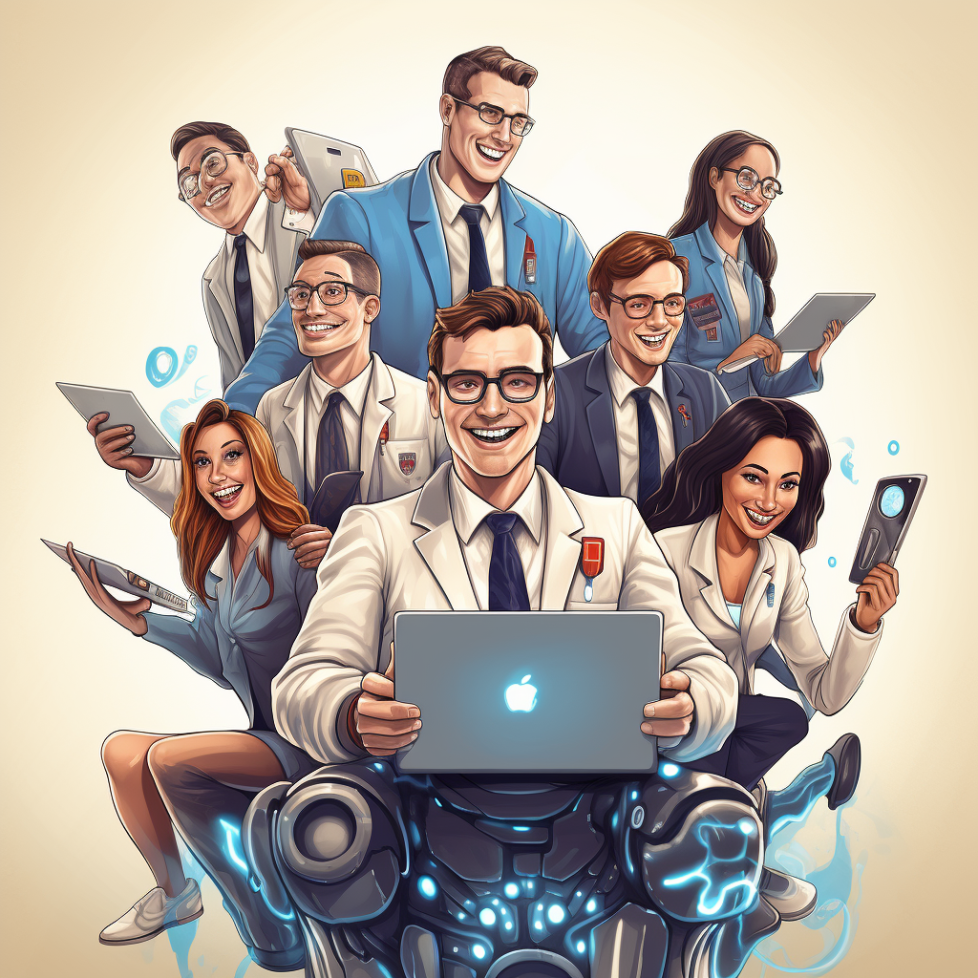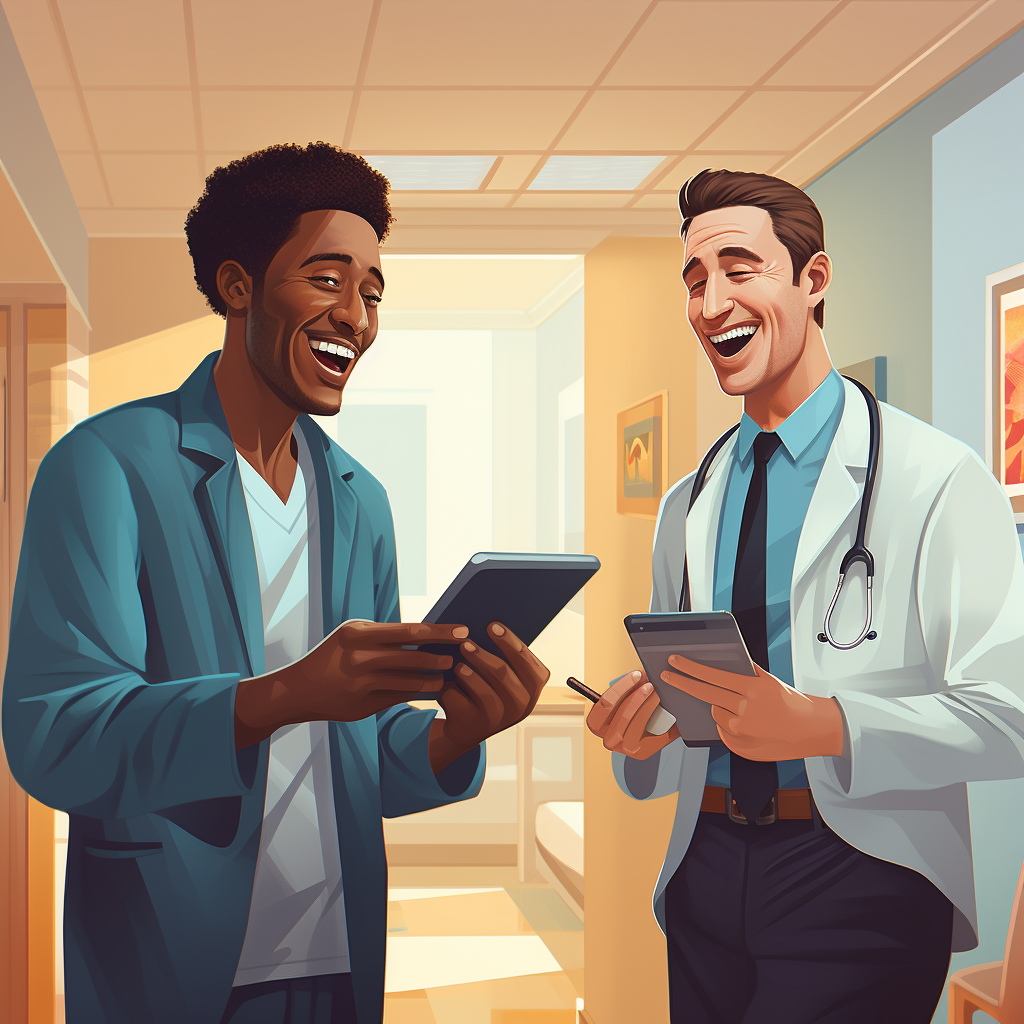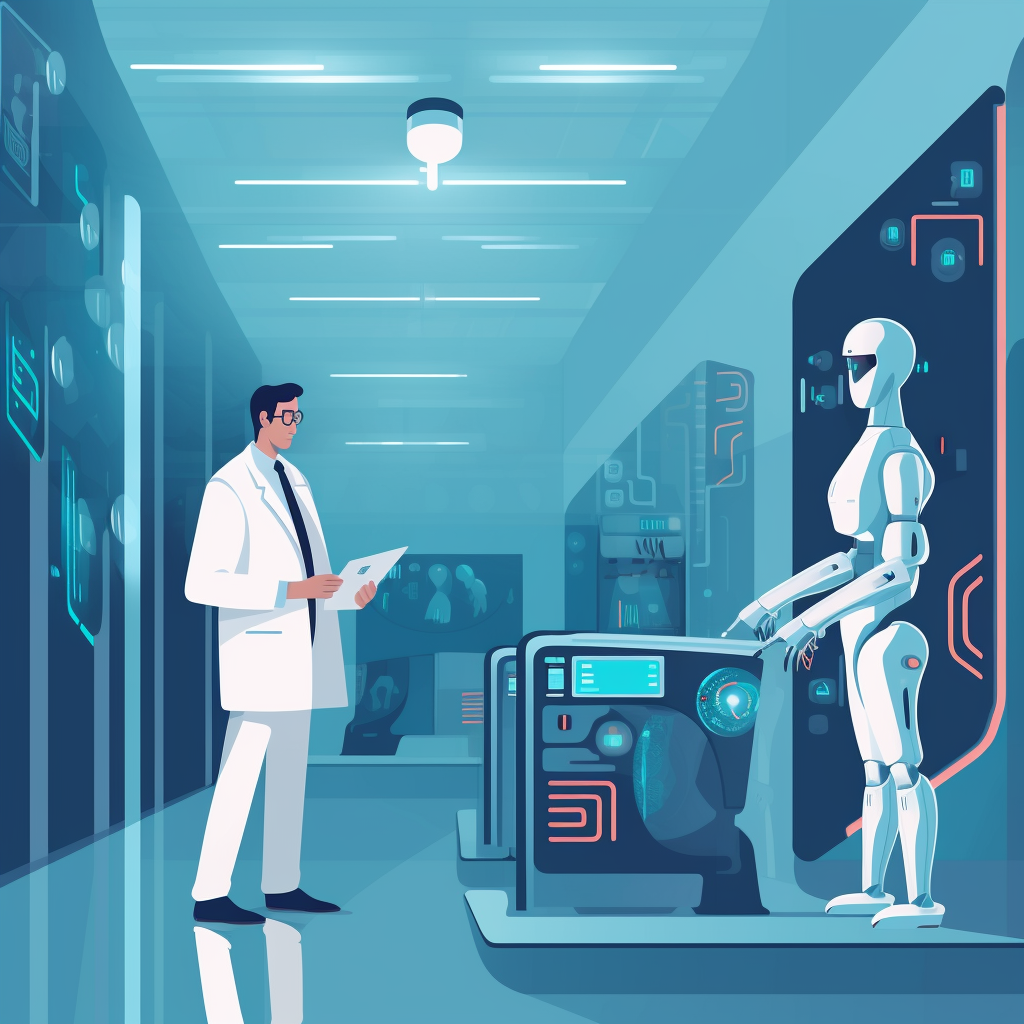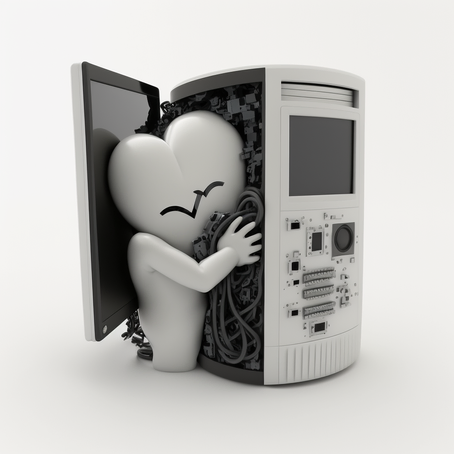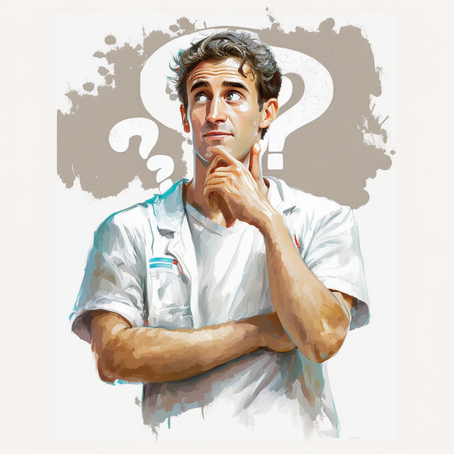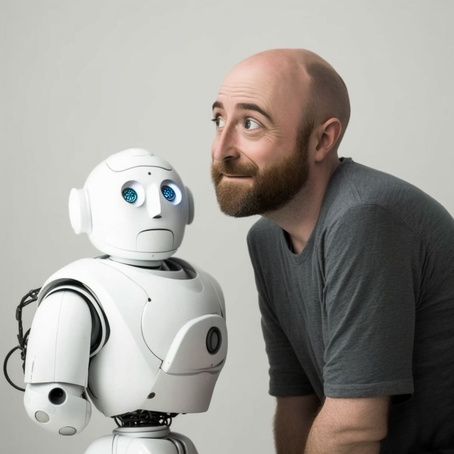Published Date:
Feb 28, 2023
Digital Health
Behavioral Health
Welcome to Digital Health's Future: Meet Your Digital Twin
Digital Health is one of the fastest growing technologies in healthcare. Edge devices, or remote digital electronics, can measure patient progress, actively or passively, and instantly send those signals to care providers. This data, collected by patients, introduces real-world evidence in "digital twin" science that can predict which characteristics may determine outcome success, or failure.
The most-often missed element among most digital devices is its predictive power. Despite developing as an important healthcare tool, the device itself acts merely as an input device. It can’t easily simulate and suggest a care model using augmented intelligence drawn from a broader body of evidence to support it. The datasets are simply too small. However, when digital devices are networked and simulated against large populations of similar subjects you have a deep digital phenotyping that holds great promise to simulate patient outcomes by linking digital therapeutics with their digital twins.
The concept of “digital twins” is an exciting new development in healthcare research. Digital twins are virtual replicas of physical entities, with similar elements and dynamics, that can be used to optimize and test real-time outcomes. This technology has the potential to revolutionize precision health by providing a more personalized approach to treatment and prevention strategies than what traditional “one size fits all” methods have been able to offer so far.
Digital twin technology enables care providers to create a digital replica of each individual client they see during a visit. These digital clients possess features from deep digital phenotyping as well as information about the evolution of their health over time. Thus, care providers get access to current data and to predictive trends for future risks or complications related to a specific individuals' conditions. Such comprehensive data help care providers make more informed decisions about how best treat or prevent certain illnesses for each person they encounter in their practice. Rather than relying on general guidelines applicable across large populations which may not always be effective at addressing unique cases effectively, deep digital phenotyping is a leap forward in healthcare.
Overall, it's clear that developing larger databases consisting entirely out of detailed digital twins could greatly improve healthcare quality by allowing care professionals to tailor treatments according individual needs instead having rely on generalized protocols when dealing with complex issues like chronic diseases management or preventive care planning. As such, this relatively new concept offers huge promise towards helping us achieve true leaps forward in terms precision medicine going forward into the future. Today, claims of effectiveness are hard to pin down. They are wonderful tools for sure. But can these devices deliver positive behavioral health outcomes in consumers?
It’s true that wearables give important physiological indicators – in hindsight. But, hindsight in a clinical observation of a substance use patient is like driving down the highway with your windshield blacked out. For guidance you must rely on your rear-view mirror for direction. The chance of a positive outcome is uncertain.
Identifying the physiological indicators of relapse after it occurs is, well, not that helpful. What is important is the integration of the physiological with the psychological patterns of mood, habits and patient reported data leading up to an acute event. Sorting out hundreds of daily signals needs augmentation, so data becomes actionable knowledge (i.e. deep digital phenotyping).
Bio wearables often make bold promises about their ability to improve mental health outcomes but generally, there is a lack evidence-based research to back up these claims. For example, some marketers may claim that wearing a certain device can reduce stress levels or help with depression without providing any scientific proof of its efficacy, or if so, why. This makes it difficult to trust the product’s potential benefits and increases skepticism among consumers who may be considering purchasing one of these devices for themselves or a loved one suffering from mental illness.
While many bio wearables offer features such as tracking sleep patterns, heart rate variability (HRV), physical activity level, etc., they struggle to provide users with actionable insights on how best to use this data to manage their own behavior or wellness goals over time—a key component if you want your wearable device actually work effectively for improving your emotional wellbeing in the long run. Most devices do not integrate well with other existing technologies such as digital therapeutics platforms which could potentially enhance their impact even further by allowing users access more personalized care plans tailored specifically towards managing symptoms associated with various psychological disorders.
Overall , despite all the buzz surrounding them, there still remain significant inconsistencies between what bio wearable manufacturer’s market versus what they actually deliver when it comes down enhancing behavioral health outcomes — something both clinicians and patients should keep in mind before investing too heavily into this technology solution alone. However, there will become a day when wearables will evolve into platforms where augmented intelligence will deliver predictive power making it clear to a clinician counselor or consumer that corrective action should be taken.
Other Blogs
The Plan No One Sees Coming—But Soon Will
Exclusive
Mental Health
Addiction
Drugs

Ant Pheromone Study May Improve Mental Health Outcomes
Exclusive
Mental Health
Addiction
Drugs
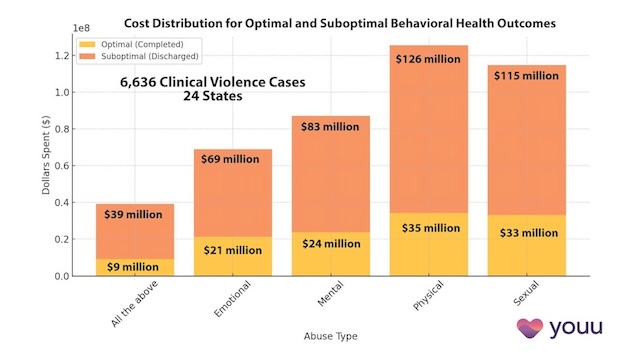
Interrupting Violence Should Be Irresistibly Investable
Exclusive
Mental Health
Addiction
Drugs
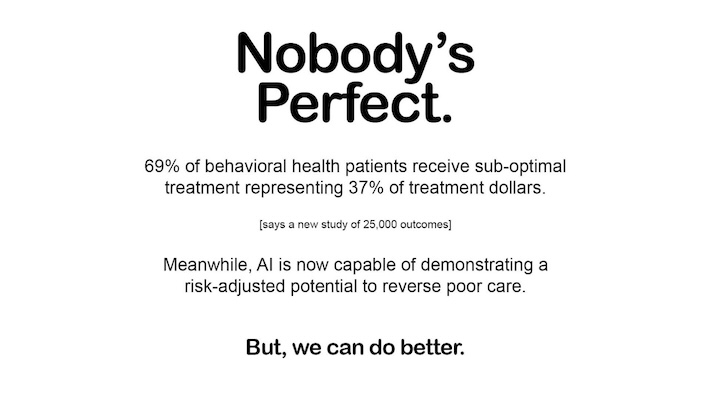
69% of Behavioral Health Patients Receive Sub-Optimal Care According to a New Analysis
Exclusive
Mental Health
Addiction
Drugs
Other Blogs
Have Questions? Lets Meet
Select a time you like to meet with us
